To visit Alaska from a cruise ship had been a dream of mine for a long time. Last year, my husband and I decided to escape the heat of summer in the Ozarks, and head to Alaska – via a Viking Cruise titled “Cruising Alaska and the Inside Passage.”
We purchased our fares far ahead of time in March, and having already been on a Viking cruise – on a river cruise in Europe that wound its way from Budapest to Amsterdam – we knew to book as soon as possible. We also knew to arrive at the departing port, which was Vancouver, a day or two ahead of time.
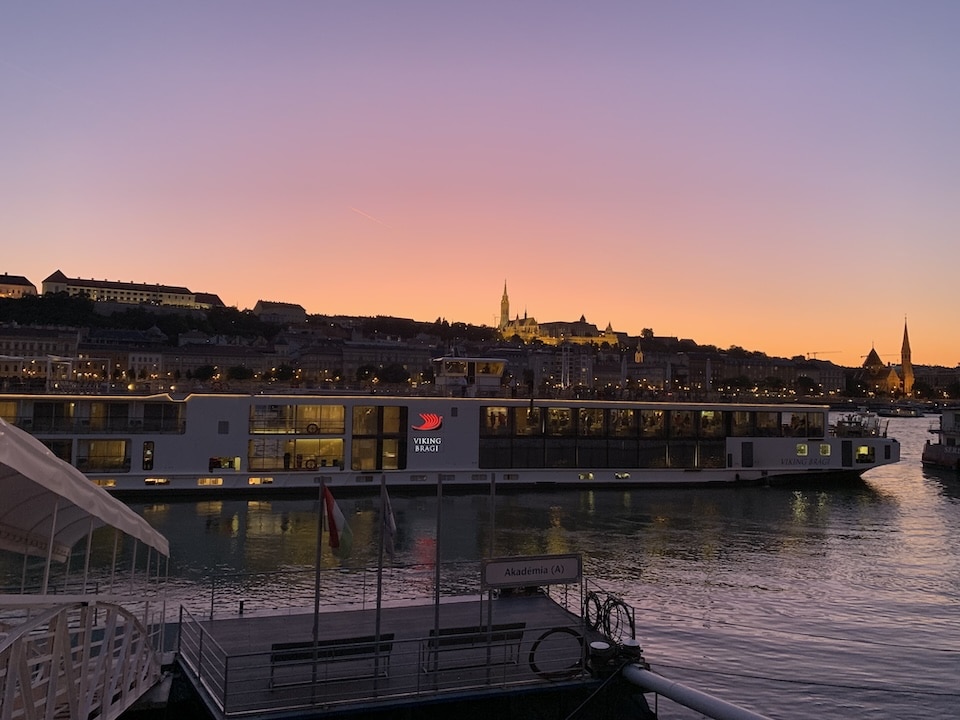
We learned the hard way on the earlier cruise, and wound up arriving the evening before departure in Budapest a few years ago, and our ship had moved away from the dock. I remember my husband’s words as we stood on the pier with our baggage, with a few hundred yards between us and the Viking Brage: “I didn’t realize we’d have to swim to it.” However, the ship became accessible later, only by boarding another Viking ship and passing through from one to the other.
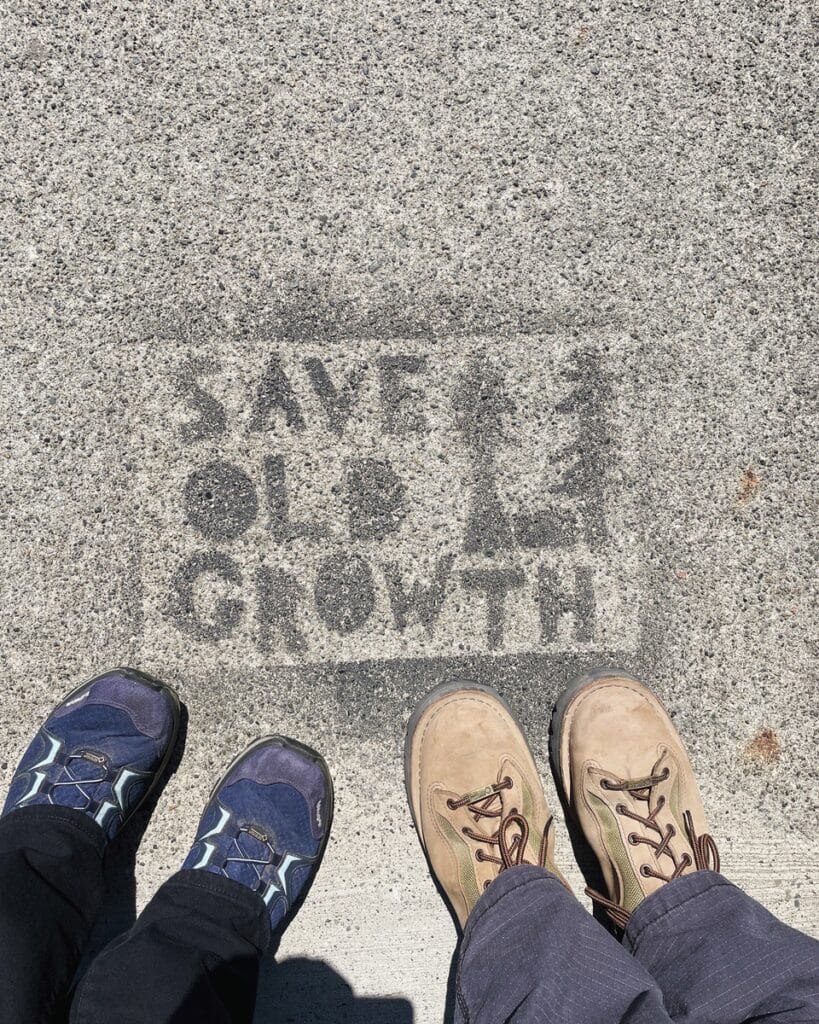
Tip: Go a day or two early and you can either take advantage of pre-cruise packages, or design your own. I did some Google searches and booked us a lovely room at the Vancouver Pan Pacific Hotel, right on the pier. In fact, on departure day, we walked over to the ship.
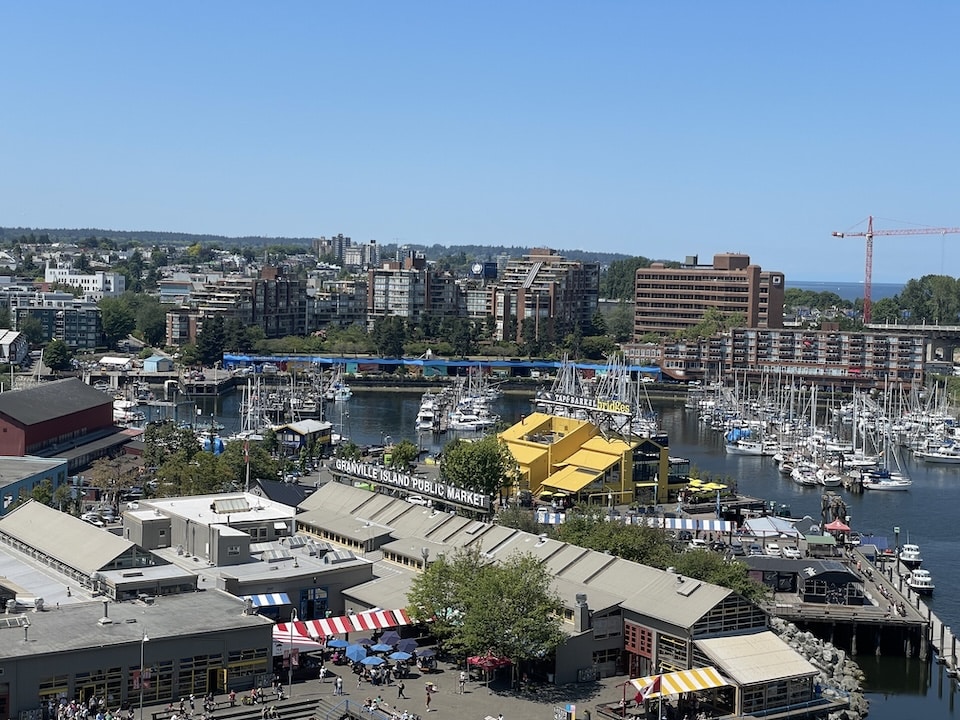
On our spare day in Vancouver, we walked more than six miles and visited the public market on Granville Island, a place I had been to after a bear hunt with a female veteran a few years ago. We enjoyed the sights, the smells (think fresh seafood, vegetables and fruits, plus baked items) and the ambience of this marketplace. We dined on the top floor restaurant of the hotel and watched sea planes land.
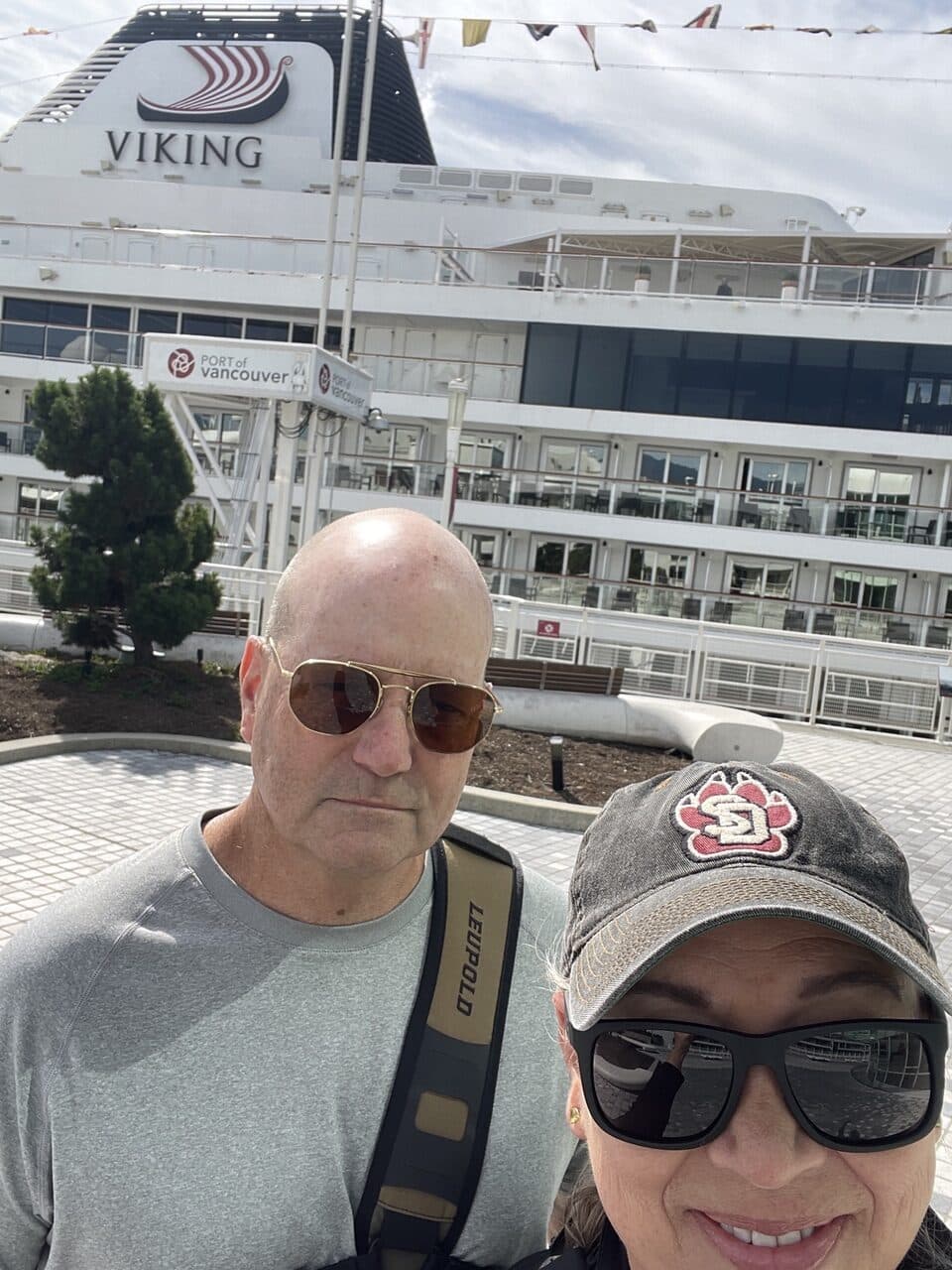
Day 1&2: At Sea
The ship embarked on a Thursday afternoon, at the end of June, and spent Friday “at sea” – meaning the Seymour Narrows and Pine Island, the Inside Passage. Along the way, we saw beautiful fjord-like water passages, lush forests and glaciers.
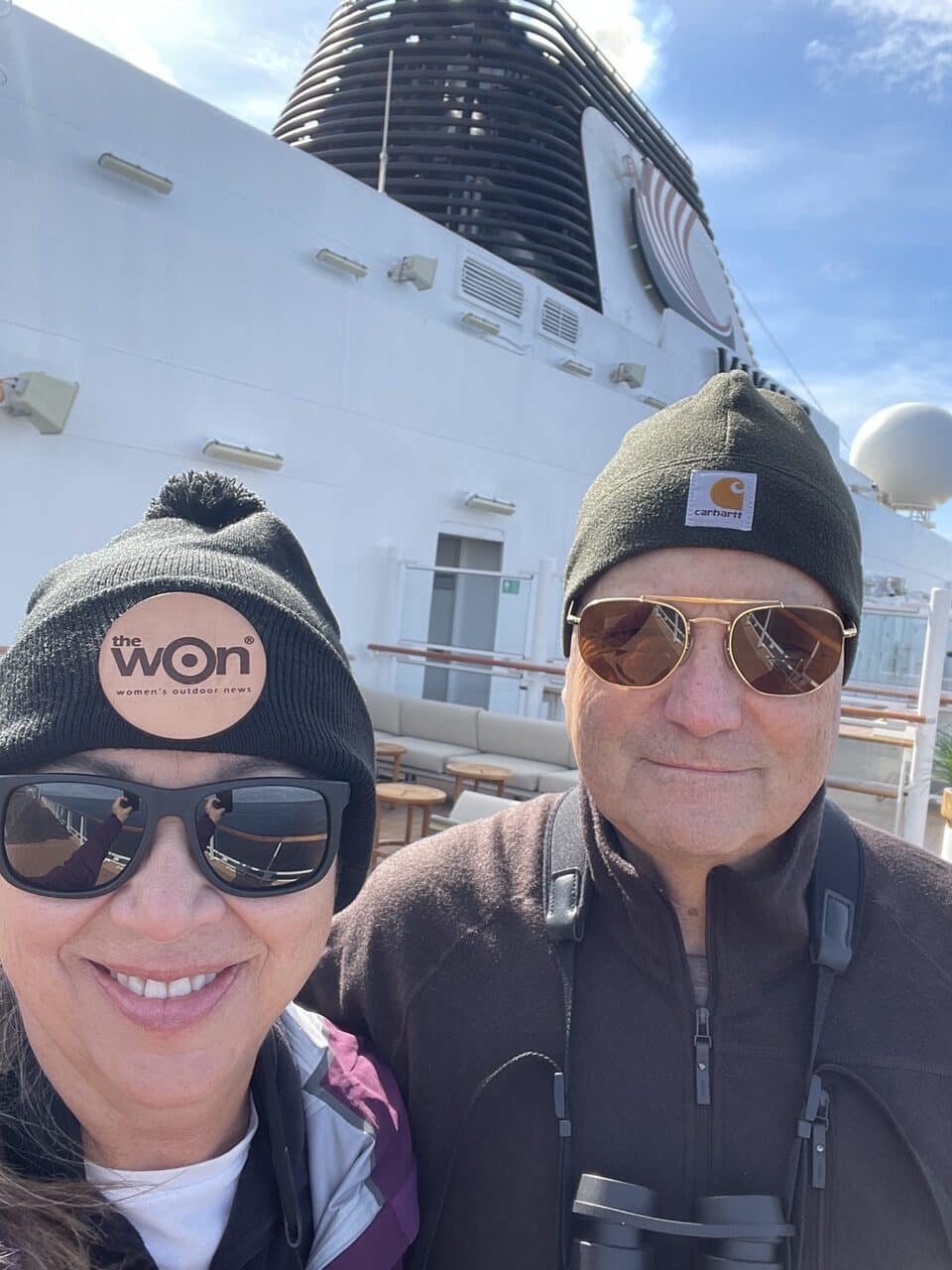
Occasionally, we’d spot a whale or sea lions in the distance, and bears and eagles on the shore.
Tip: Definitely take your binoculars.
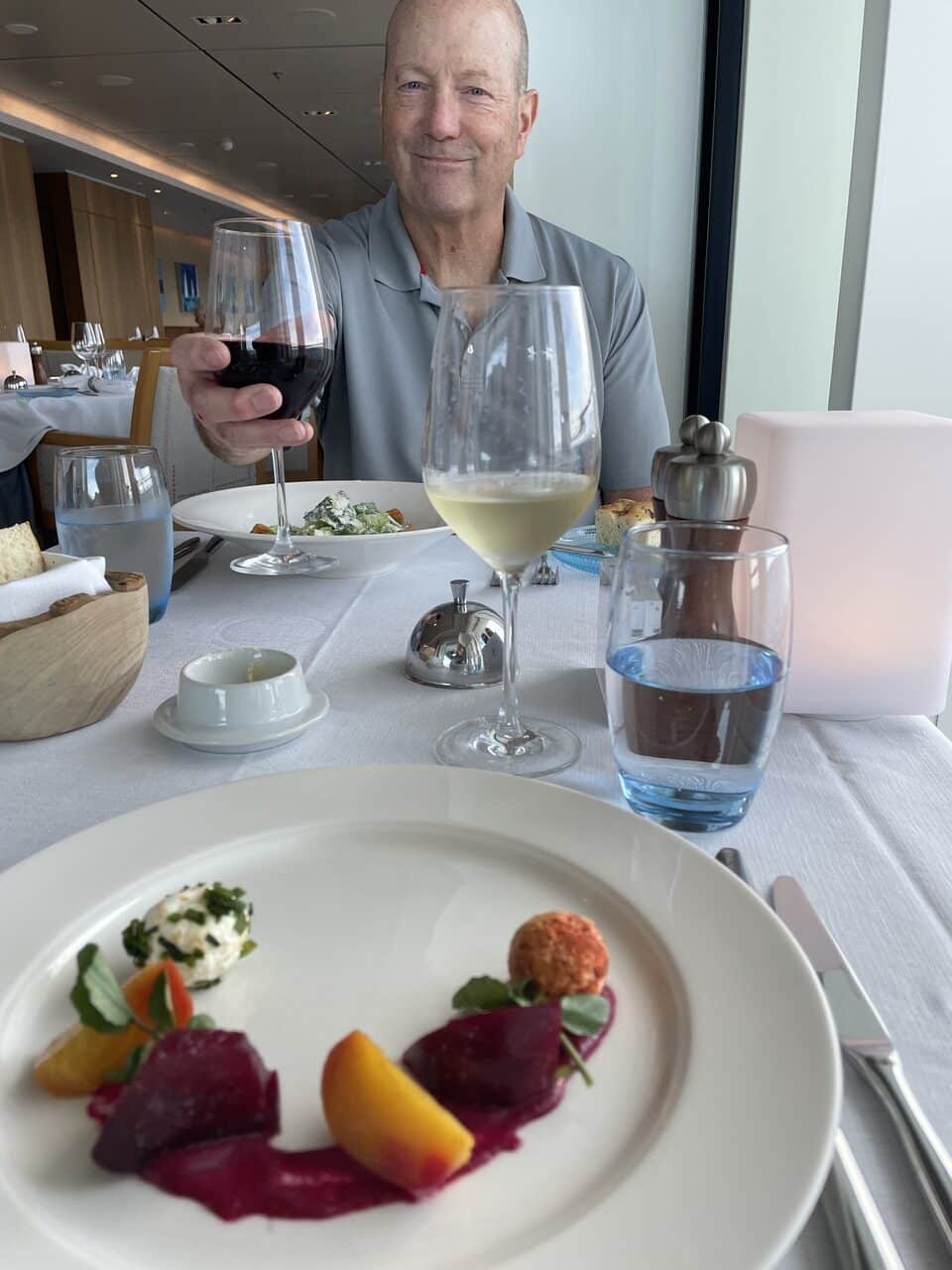
Note: Viking caters to its clients, in that you can take advantage of its pools, spas, saunas, gyms, libraries, multiple decks, tea time, extra-curricular activities, massage therapy and the list goes on. Also, room service is available for several hours a day, with no extra charges, and the menus in the various restaurants onboard are filled with luscious options.
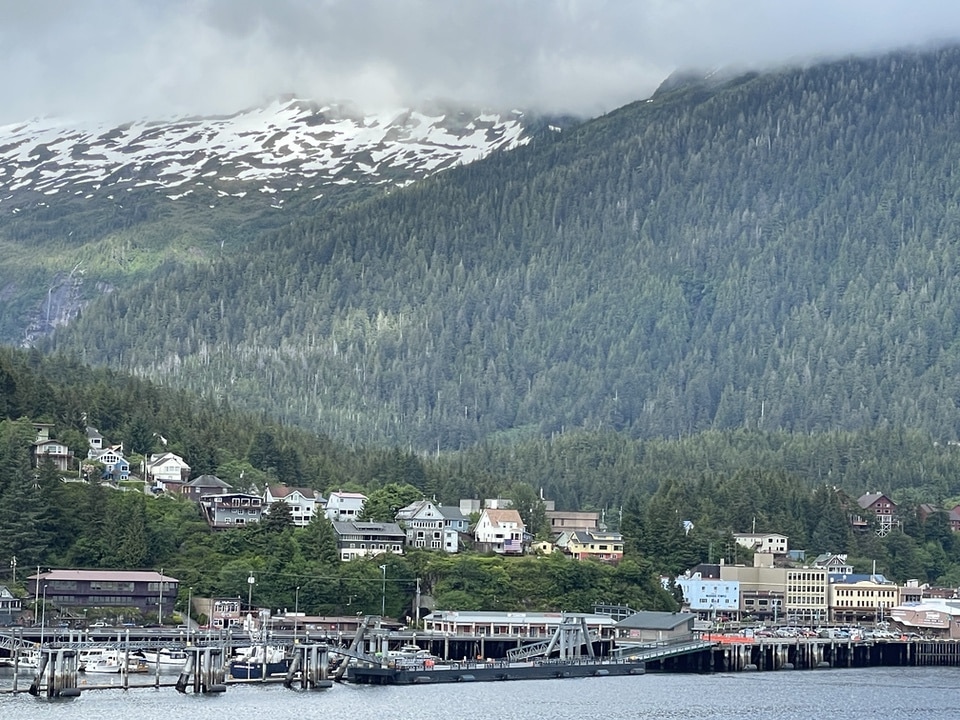
Day 3: Ketchikan
We docked in Ketchikan, Alaska, on Saturday. Ketchikan sits in the Tongas National Forest and is the “Salmon Capitol of the World.” Because of its Tlingit history, it also is reputed for having the most standing Native American totem poles in the world. We visited the Potlatch Totem Park, where we saw a beautiful collection of old and new totem poles, and learned more about what they signify.
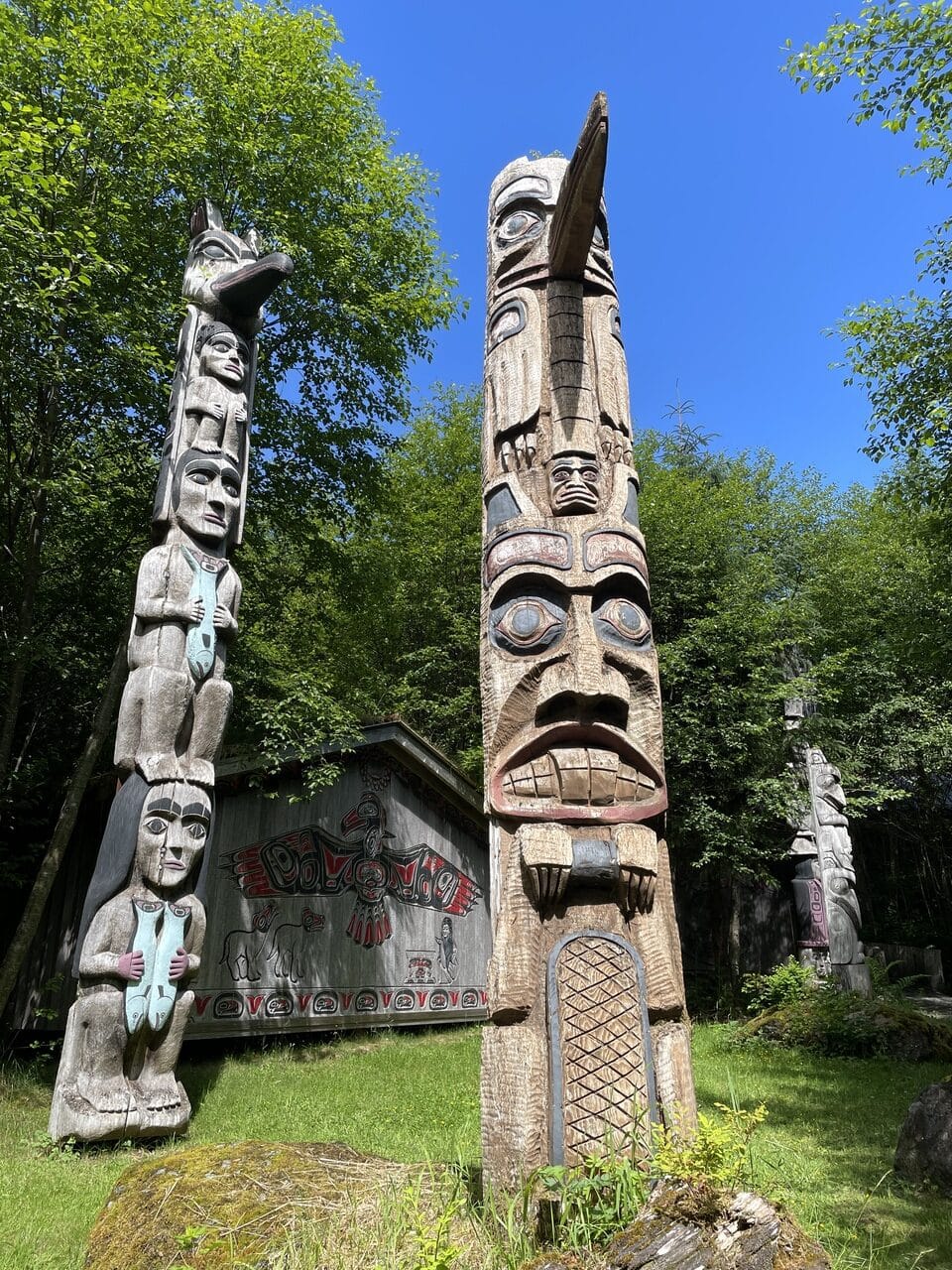
The park includes history about Tlingit people, along with tribal houses, with beautiful carvings highlighting nature such as bears, cubs, eagles, wolves and more. It also features an antique car museum and an antique firearm museum.
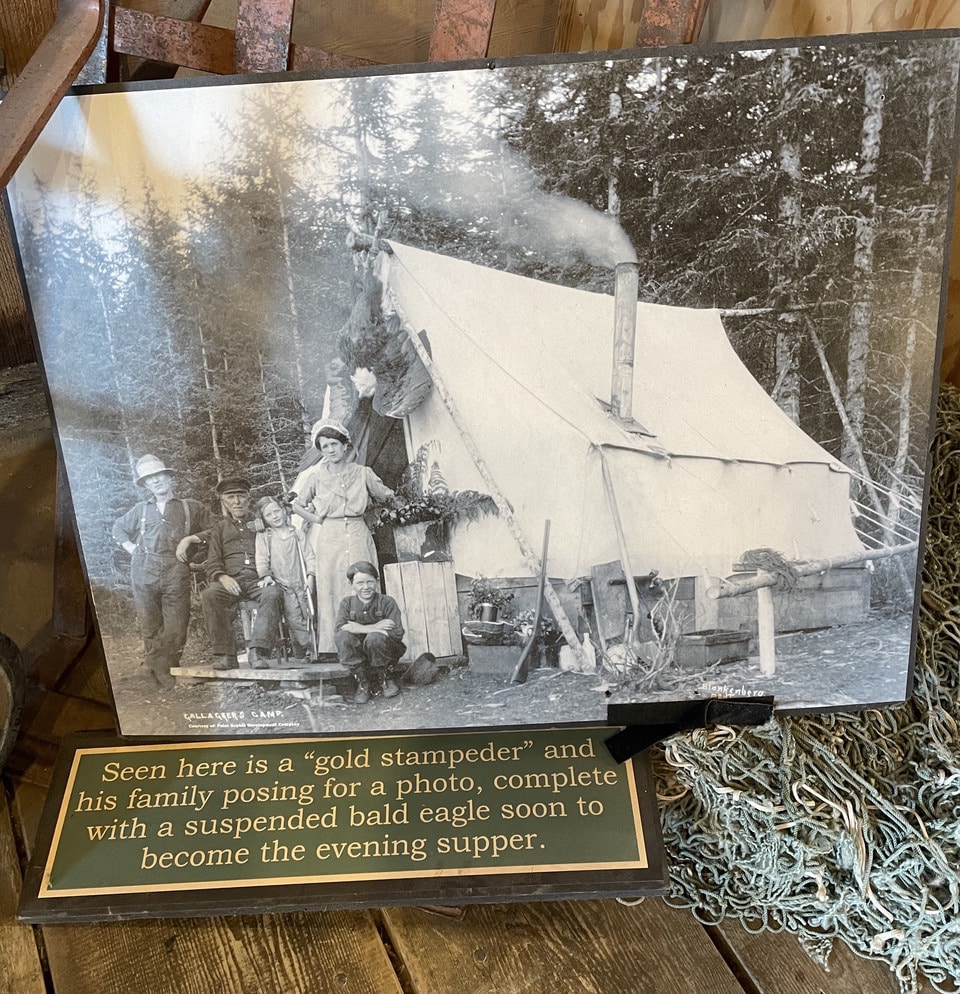
Day 4: Icy Strait Point
On Sunday, we arrived at Icy Straight Point, located on the island of Chichagof, near Hoonah. Another Tlingit community inhabited this area, which also was home to salmon canning and packing. The tribe has restored the site so that it represents life in a fishing village, and you can visit a museum housed in the old canning station that features the lifestyle that centered around this lifestyle. We rode a gondola to the top of a mountain on the island, and saw beautiful raptors in the trees. It felt downright refreshing to be donning lightweight Merino wool, long pants, LOWA hiking boots and a Duluth Trading Company rain jacket in the summer.
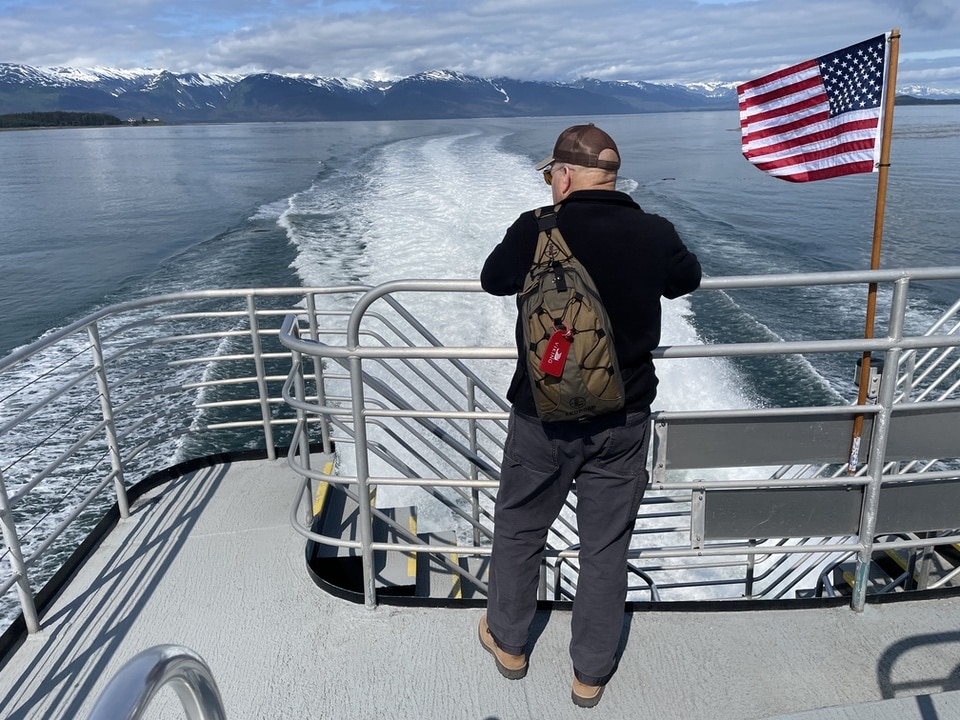
Day 5: Juneau
In case you’re wondering, the ship usually traversed the ocean by night from one port to the next. On Monday, we found ourselves in Juneau, the capital of Alaska, and the only capital in the United States that you cannot reach by car. With mountains and glaciers surrounding it, the setting is truly breathtaking. When we weren’t out on the decks, we would often be sitting on our own balcony (every cabin has one on a Viking ship), searching with our binoculars for wildlife. For this expedition, we took a small boat ride out to an island on Mendenhall Lake, and enjoyed watching whales. We even saw a whale sleeping, and calmly exhaling through his/her blowhole ever so gently on the top of the lake. That’s not something you get to see every day. We enjoyed a lunch of salmon and fish dishes onshore before heading over to see Nugget Falls, a beautiful waterfall that cascades 377 feet to the lake. We also saw the Mendenhall Glacier, nearby.
Tip: Do you get queasy on small boats, or on car rides through the mountains? I do, so I purchased a Reliefband and it worked. I highly recommend. In fact, this past May our son took it on a deep-sea fishing trip off Cape Hatteras that turned nasty and with high seas, and it worked for him as well – and he’s 6 feet, 3 inches and 220 pounds.
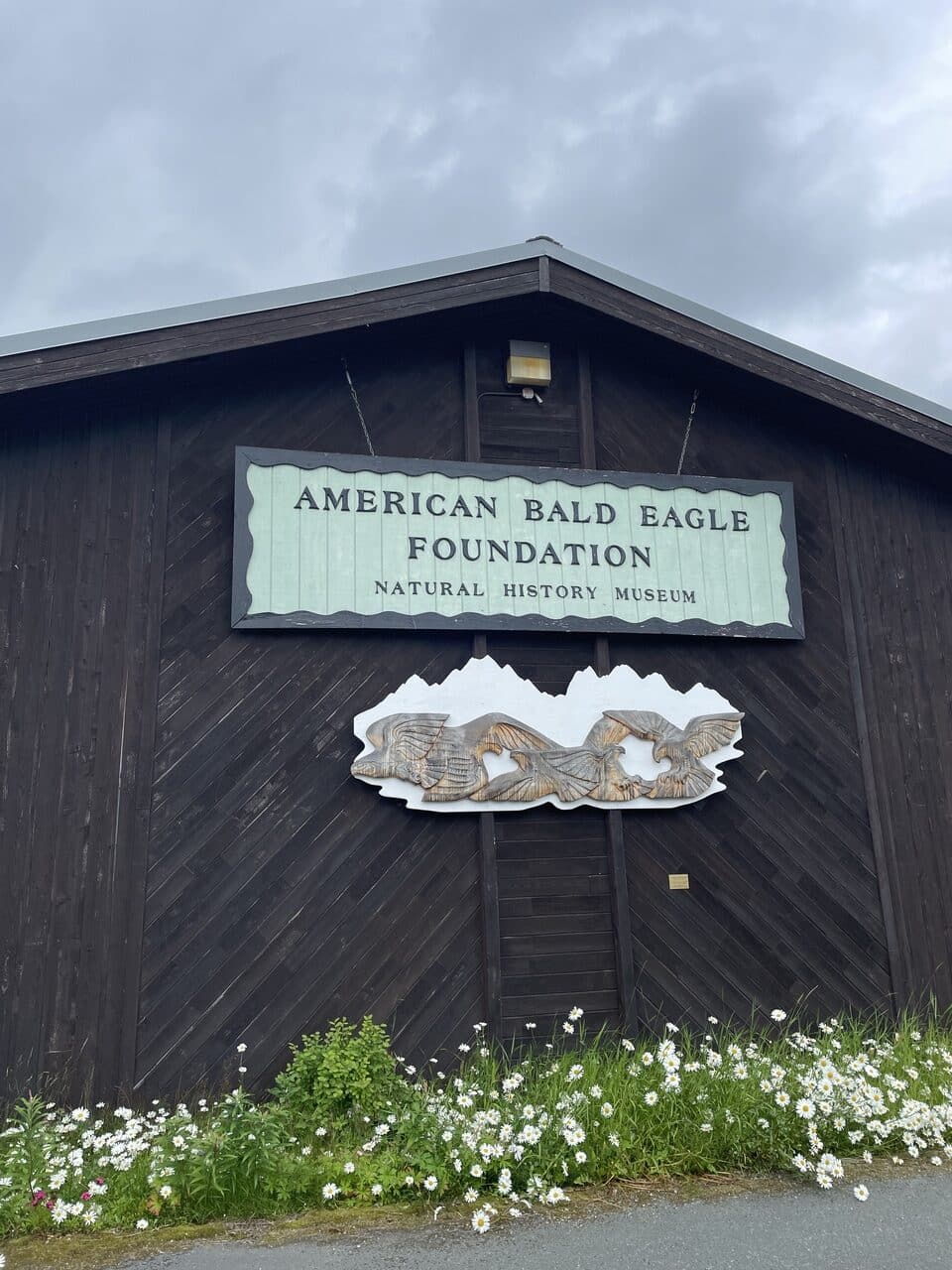
Day 6: Haines
The Tlingit used Haines as a shortcut to inland trading posts, and called it “Desihu,” which means end of the trail. In the 1890’s, it served as a supply center for Yukon-bound prospectors. Fort William H. Seward stands as a National Historic Landmark today. We spent the Fourth of July in Haines, and enjoyed a small-town patriotic parade, featuring kids, bikes, scooters, decorated grocery carts, floats, fire engines and a senior-citizen baton twirler who might have been a pageant queen in her younger days. For our excursion, we visited the American Bald Eagle Foundation. Alaska touts the largest bald eagle population in the United States, about 30,000 birds. The Foundation is home to rescued eagles and other raptors, and contains a Natural History Museum, rife with history and descriptions of this area.
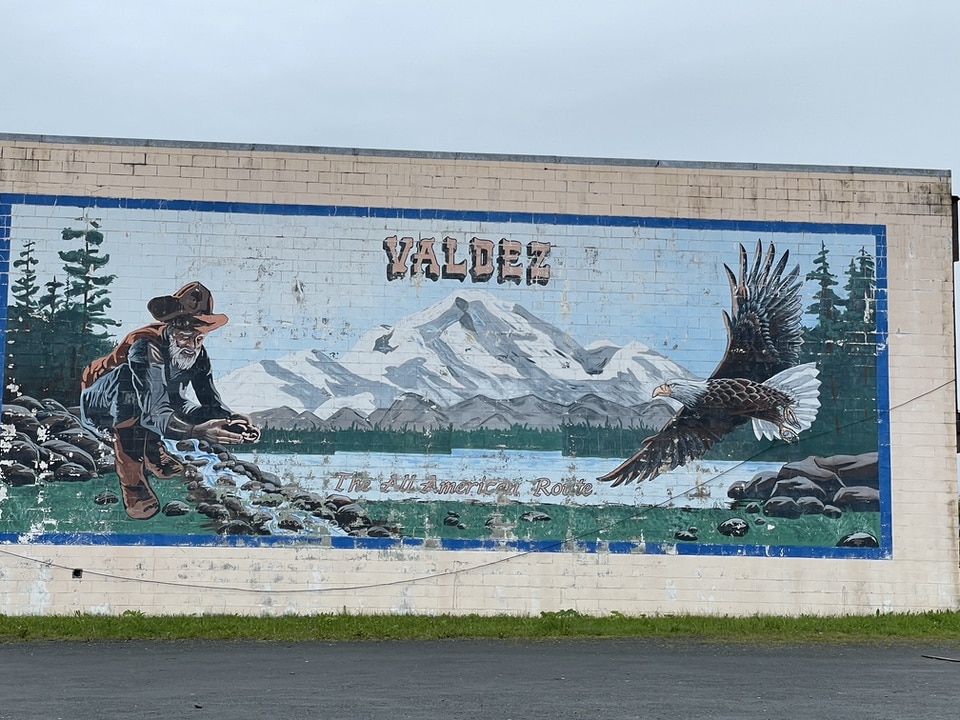
Day 7: Valdez
This place could be called “the city of lost dreams,” since it once held false promises of gold but the land didn’t offer it, and then, it lured steamships to its port dubbed as a gateway to Klondike goldfields, but that didn’t pan out, either. It can claim to be North America’s “northernmost ice-free port” (from the “Viking Daily,” Friday, July 7, 2023). And now, it is known as the southern terminus for the Trans-Alaska Pipeline.
Since I am a museum freak, we checked out the Valdez Museum on Hazelet Street in the morning. It is here that I discovered the story about an amazing woman, civil rights activist Elizabeth Peratrovich. As a member of the Tlingit nation, she worked tirelessly in the 1940s to pass Alaska’s Anti-Discrimination Act of 1945. In fact, our intern, Anna, did more research on her and wrote this feature about Peratrovich in March 2024 for “Women’s History Month.”
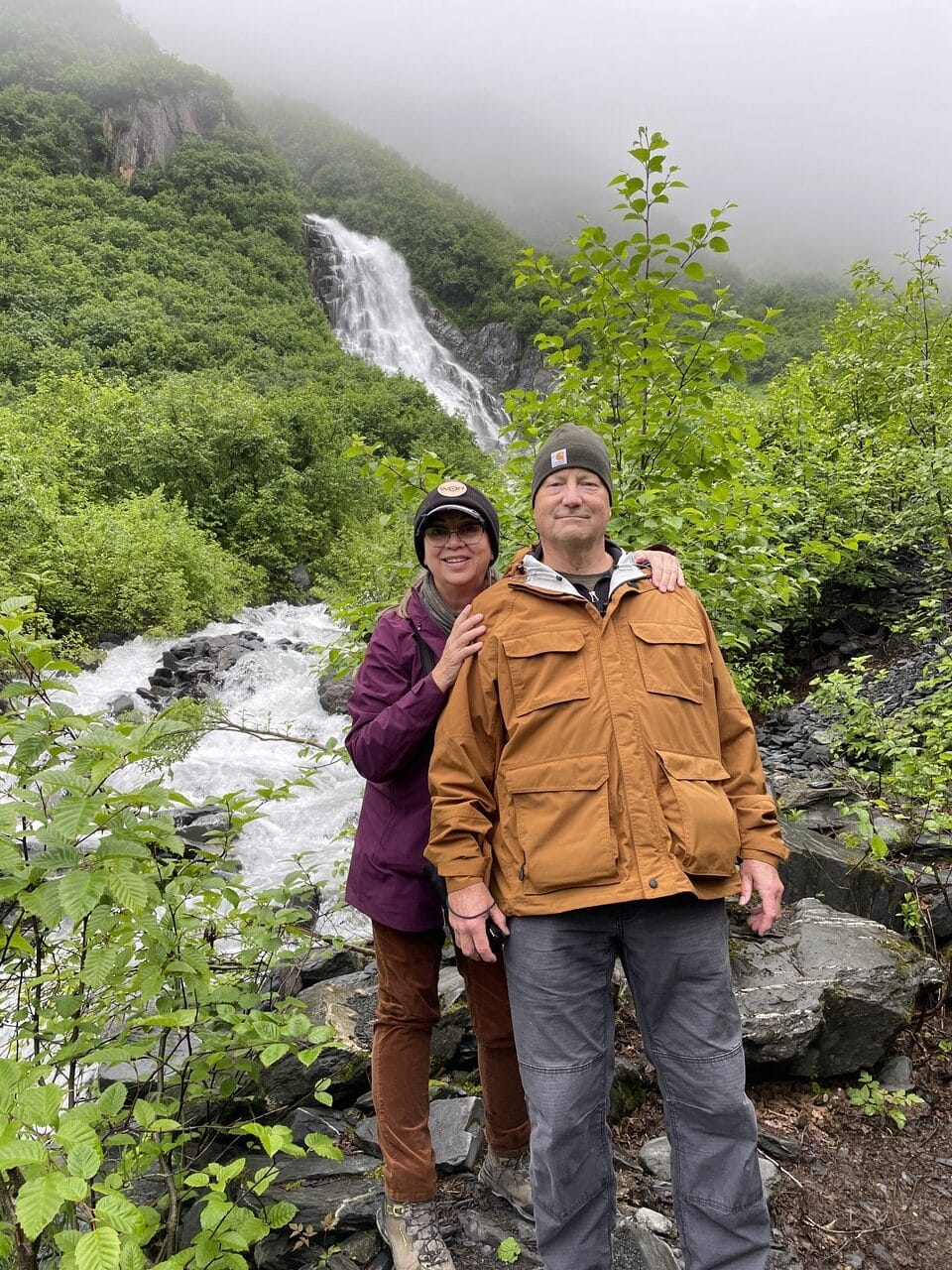
After we spent time wandering around Valdez, which is a tiny town, we met up with some guides who had UTVs, and took a tour of Mineral Canyon, which I absolutely loved. We saw cascading waterfalls, birds, forests, streams and also, we did a bit of hiking and broke out those binos again.
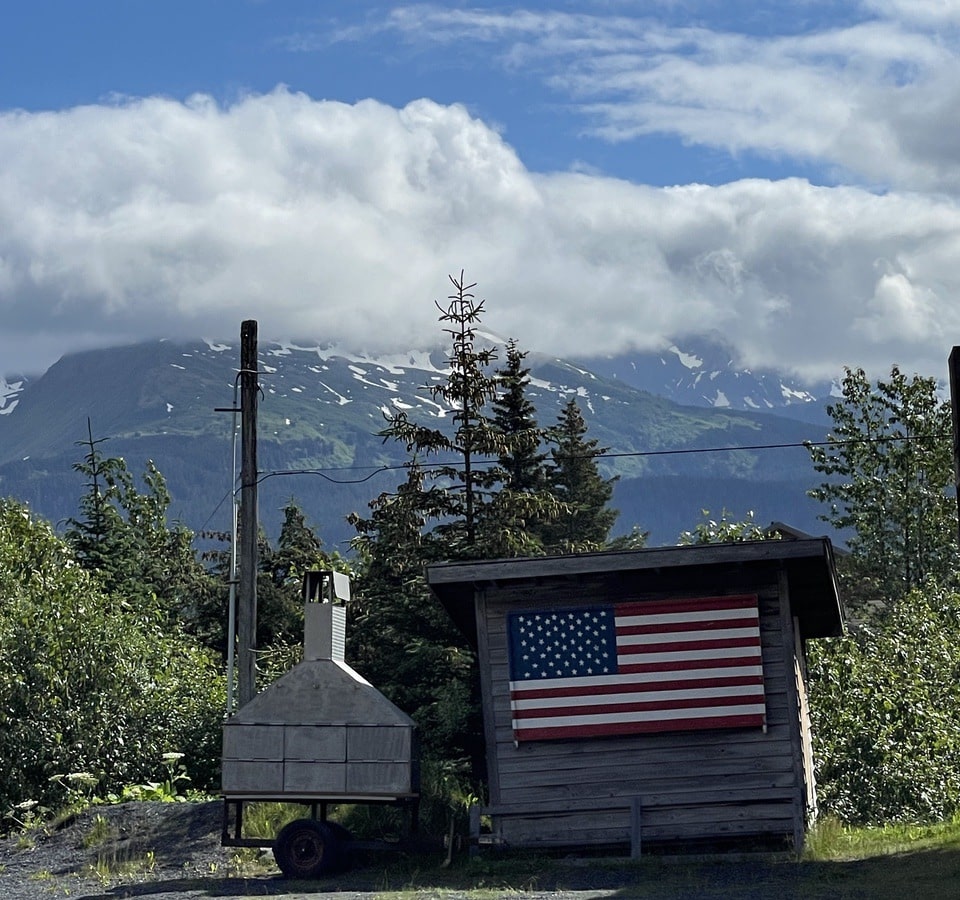
Day 8: Seward
This port was named for Abraham Lincoln’s Secretary of State, William H. Seward, because he wanted the U.S. to buy Alaska from Russia – which was not a popular move; in fact, it was dubbed “Seward’s Folly.” This is where the Iditarod Trail begins – one of the most famous dogsled races in the world. We visited the Alaska SeaLife Center, a repository for aquatic life and education. We also, as we typically liked to do when in a port, walked the town, shopped and enjoyed a fried fish basket at a local diner.
Note: There are very few, if any, fast food chains, so be prepared to dine like the locals and spend a bit more. Cost of living is noticeably higher in Alaska.
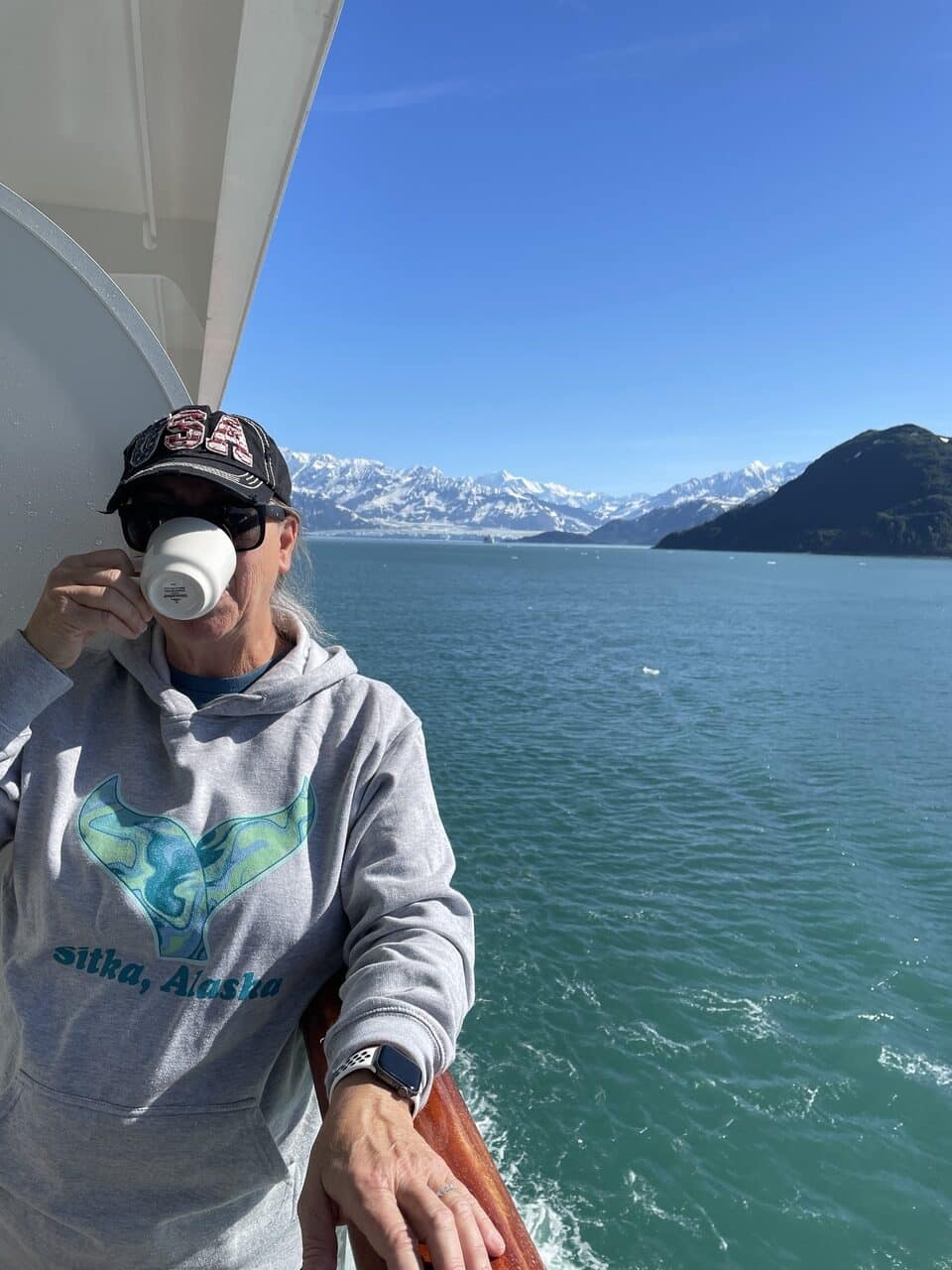
Day 9: Hubbard Glacier
About 200 miles northwest of Juneau, the ship entered Disenchantment Bay to view the gigantic Hubbard Glacier. A guest lecturer provided commentary for those who wished to go to the Explorers’ Lounge, but we just hung out with our binos on our balcony and drank exceptionally fine coffee. We attended some other lectures throughout the course of the journey, and there is a wide range of topics, with experts onboard, throughout a cruise.
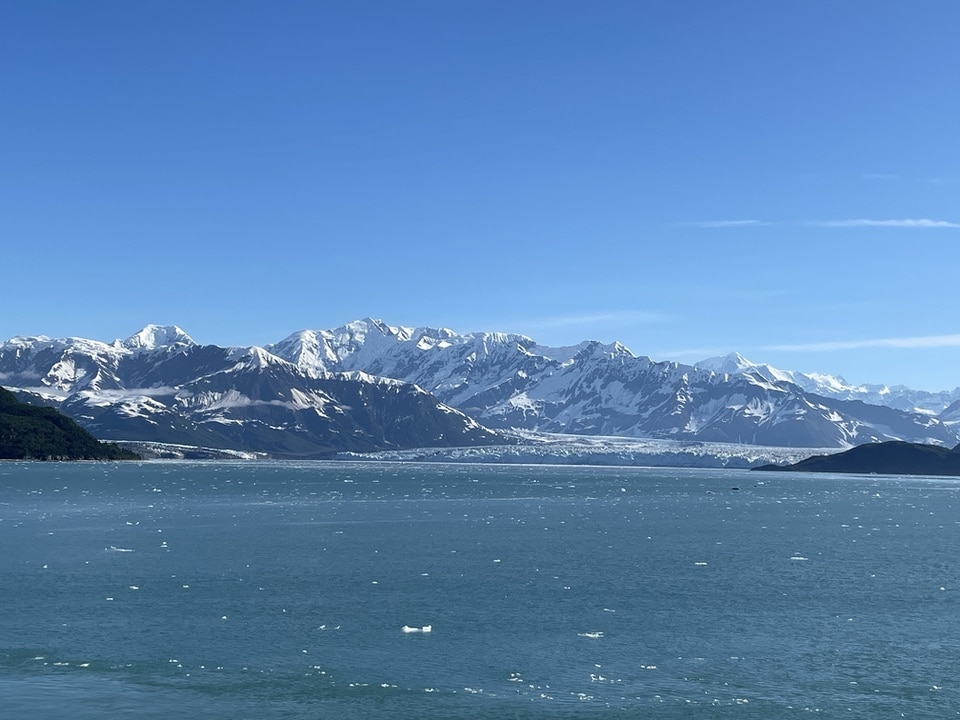
The Hubbard Glacier is more than six miles wide where it meets the ocean. It’s an active glacier, and has produced two major surges in the past 30 years. The glacier face rises up 400 feet, and the experience of being there in the quiet bay, surrounded by majestic mountains and a world-renowned glacier … it doesn’t get any better.
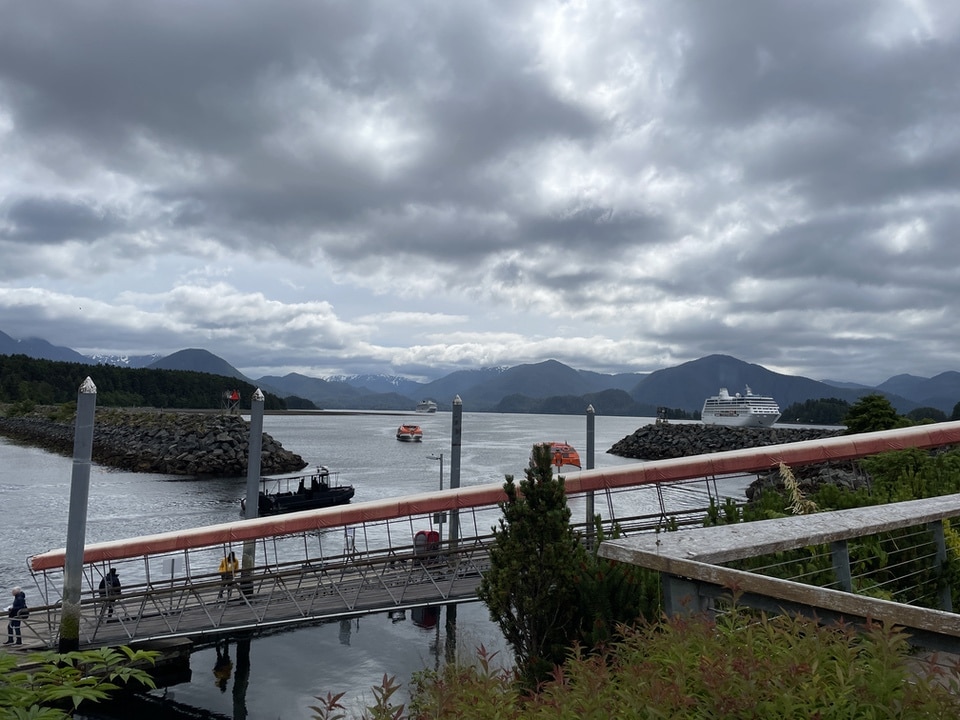
Day 10: Sitka
Once the capital of Russian Alaska, Sitka is home to the Russian Orthodox Cathedral and the Russian Bishop’s House. We attended a theatrical performance by some limber (and enthusiastic) dancers in a small church, which portrayed the history of the region. Some folks went kayaking and others went in search of sea otters. We decided to do the included dance tour, and then, trot around Sitka for a while. As luck would have it, I found a charity thrift shop and donated to the local economy and brought home some more souvenirs.
Tip: When traveling, check the thrift shops and flea markets for souvenirs, tee shirts and hats. You might find some cool vintage ones, and they’ll probably be a lot cheaper.
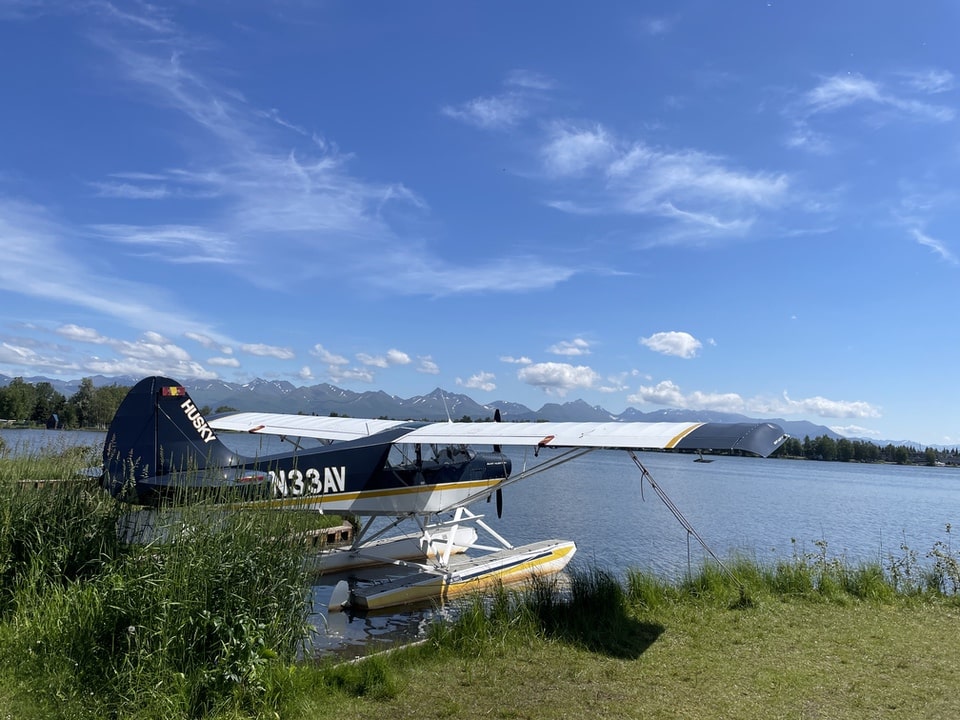
Day 11: Bus to Anchorage
We got up super early, disembarked and took about a three-hour bus ride to Anchorage, which was beautiful. It was the first time we’d been overland. When we got to Anchorage, Viking had arranged for us to store our luggage in a large assembly area downtown, and we checked it in and then, checked out and took a bus tour of Anchorage. We saw a moose alongside the road, and the narrative from a high school teacher/tour guide entertained us all afternoon. Of interest, she said that a lot of the sea plane pilots were her former students, and very young, and she would be hesitant to go up in the air with them.
Noted.
We took the red-eye home that night. It’s about the only way to get out of the country on the same day, and as you can imagine, there aren’t a lot of flights going to our neck of the Ozarks.
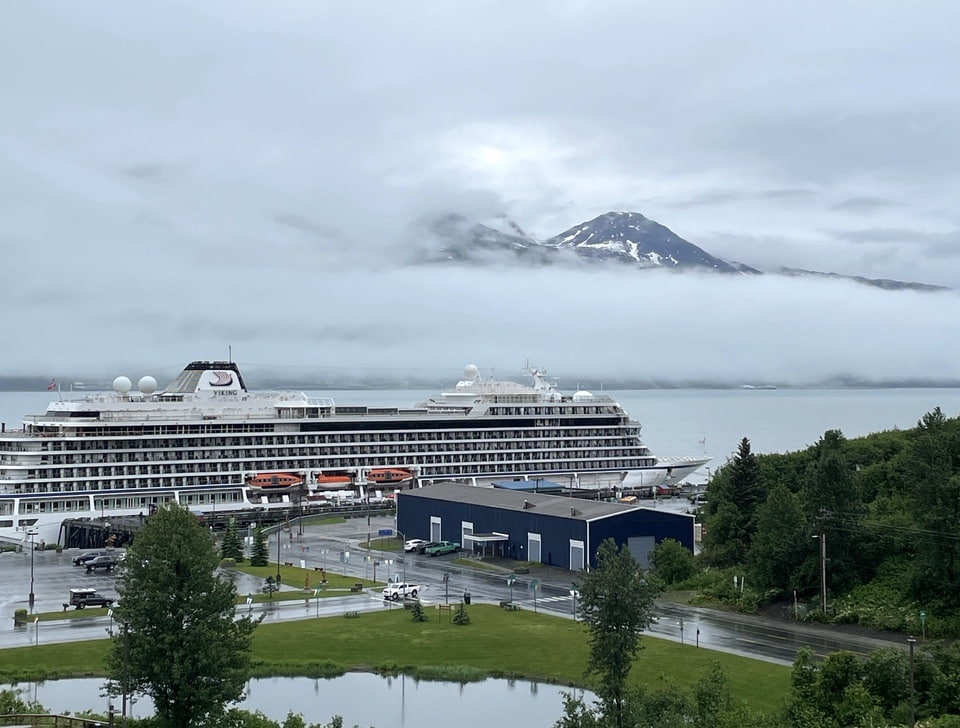
Take Away from this Cruise
I am a fan of Viking Cruises. For one thing, I’m older and I appreciate having a more senior set onboard, instead of children (You must be 18 to cruise with Viking, so it’s not really that senior – unless you mean high school!). Don’t get me wrong. We raised four and did all the amusement parks with our kids. But, been there, done that.
I am such a fan that we are planning a trip to Norway in the near future, on Viking.
However you decide to get to and explore Alaska, do it. The trip will open your eyes to the United States’ last frontier. The people have a live-and-let-live attitude, and are proud of their heritage. Also, I have to hand it to them – to have the tenacity to endure winters up there where it’s dark most of the day. I would love to go back some day and visit Denali National Park, too.
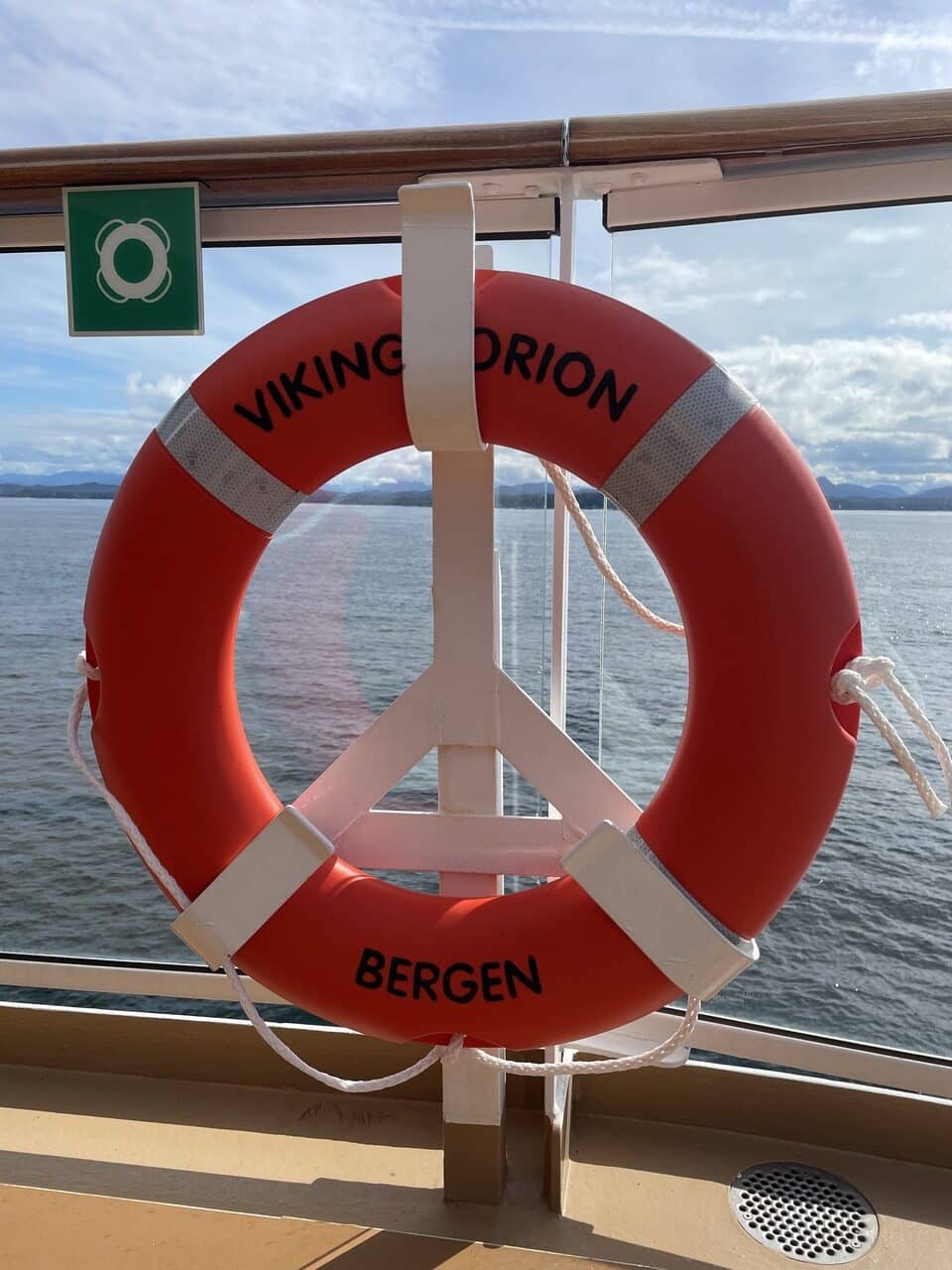
Viking did not sponsor this post. If you want to check out the eclectic collection of cruises offered by Viking, visit its website.
Also, if you’re wondering how to pack for a cruise – on either a river or ocean – check out this helpful post over at my travel blog, “The Accidental Ozarkian.” Note: the ocean liners have free launderettes, whereas the river cruising ships do not offer launderettes, which means you’ll use that little rope that stretches across the shower quite often, because you’ll be doing your laundry in your bathroom.
Publisher/Editor Barbara Baird is a freelance writer in hunting, shooting and outdoor markets. Her bylines are found at several top hunting and shooting publications. She also is a travel writer, and you can follow her at https://www.ozarkian.com. View all posts by Barbara Baird